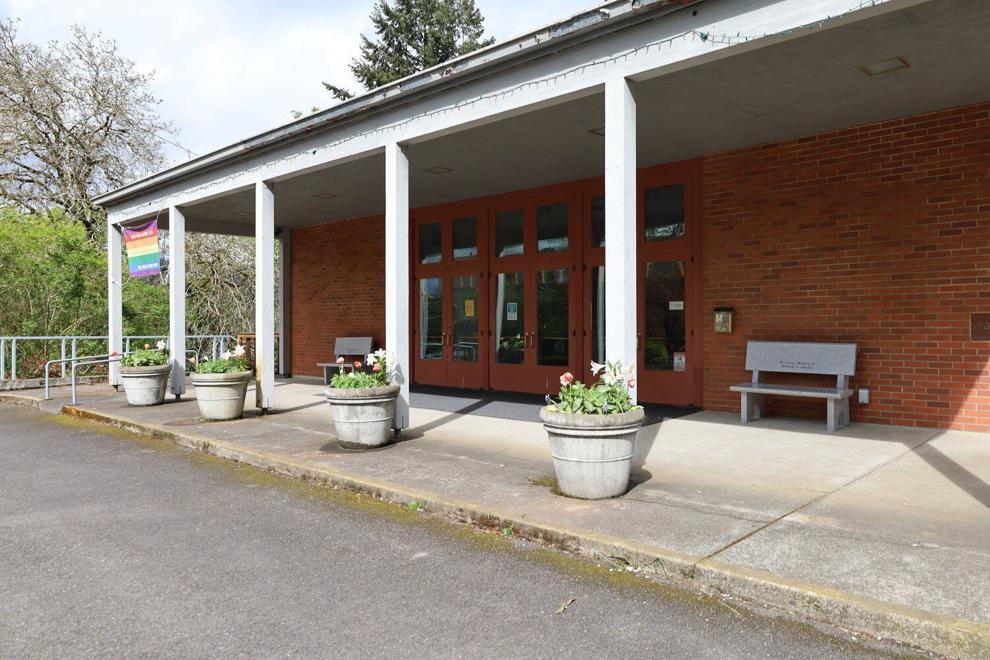https://www.portlandtribune.com/business/plans-to-develop-the-hillsdale-hope-village-sparks-mixed-reactions-from-community/article_0cce3914-b931-5279-973e-8c8f16e2448e.html
Plans to develop the Hillsdale Hope Village sparks mixed reactions from community
The project is a joint effort between the Hillsdale Community Church and the Hillsdale Assistance Team
- Karla Salinas
- Updated
A proposed tiny-home village set to be located in the Hillsdale Community Church parking lot aims to provide housing for people facing homelessness.
The project is a joint effort between the Hillsdale Community Church and the Hillsdale Assistance Team.
While the initiative has garnered support, some neighbors have expressed opposition to the development.
The community gathered on Sept. 21 for a Neighbor Meeting, organized by Hillsdale Community Church, to discuss the project’s details.
Sermin Yesilada, an architect’s representative from SOSYAL Architecture & Community Development LLC and Jan McManus, executive director of WeShine, were among those who addressed questions from community members and provided insight into the operations.
Concerns included rules surrounding alcohol and drug use within the community. In response, the project team explained their guidelines would be decided by Multnomah County policy, if they were to receive funding from the Joint Office of Homeless Services.
The project leaders also expressed a commitment to help those who seek substance abuse care.
A statement from the Hillsdale Community Church meeting notes read in part, “WeShine works with the villagers to address their substance abuse and get them into recovery. When people have a stable place to live, they can begin to engage in their own recovery and often ask for help in doing so.”
Other proposed services include case management, behavioral health resources and housing placement.
Project leaders say they are currently working with SW Outreach to identify people in the neighborhood who would be candidates for the village.
Some neighbors also requested 24/7 management of the micro village due to issues that could arise overnight. The development team acknowledged the request and said they were exploring options for this.
Another concern was the potential impact on property values in the neighborhood. In response, organizers pointed to a study conducted by Portland State University, which suggested that similar tiny-home villages did not have a negative impact on property values in other areas.
Some residents expressed distress at not being consulted at the beginning of the project’s discussions, but the team emphasized the importance of ensuring the project’s feasibility before approaching neighbors.
In response to concerns about the size and pace of development, the team mentioned the 12&12 Village on Glisan Street in Portland as an example of a phased approach, but acknowledged that funding from the Joint Office of Homeless Services would determine the number of people served.
The team also indicated that they are open to serving families but are still investigating the requirements for doing so. They expressed their commitment to transparency and the establishment of a community advisory council for regular discussions of concerns.
Opponents of the project questioned the transparency and communication of the church and the Hillsdale Assistance Team, citing the limited scope of the Q&A meetings.
The development team said they are committed to engaging with the community to address questions and improve transparency.
Public education forums are being organized by concerned neighbors to further discuss concerns and find solutions.


